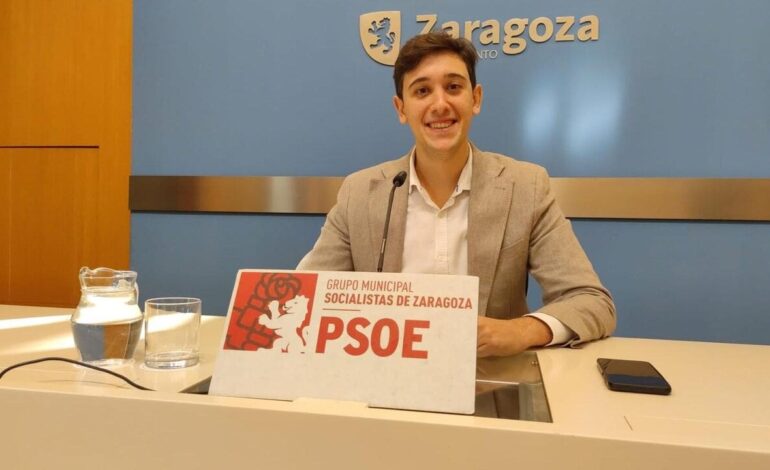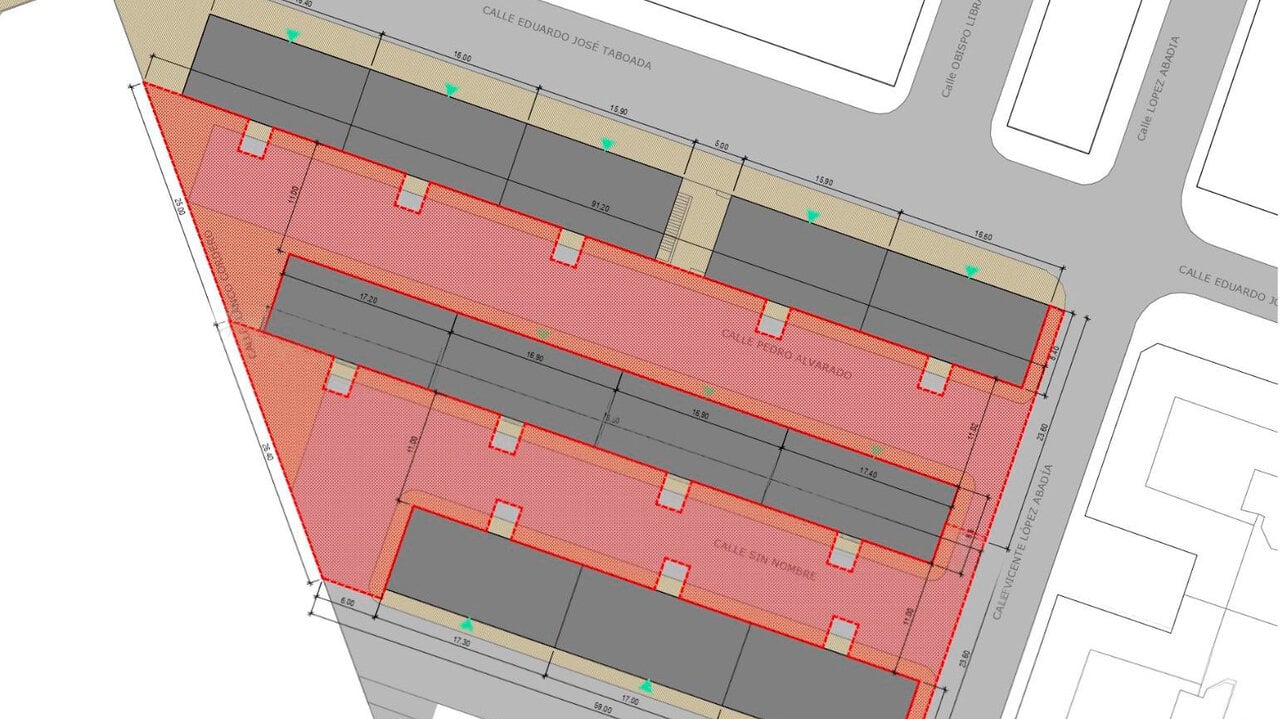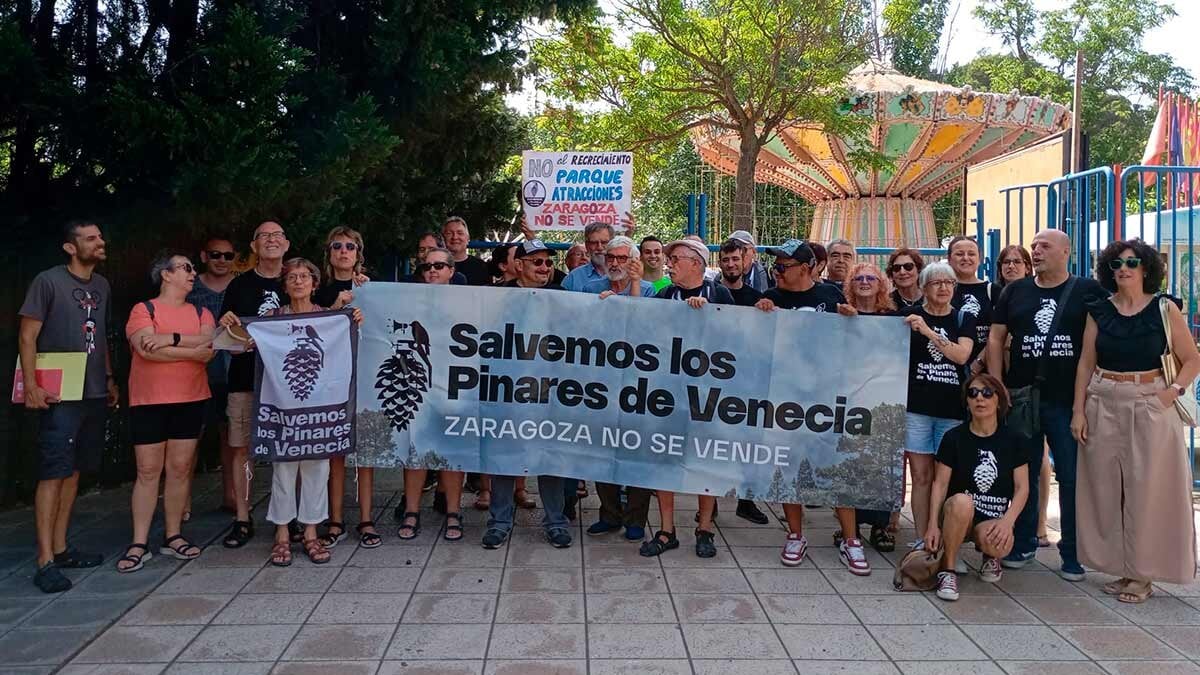
The PSOE denounces lack of equity and transparency in market and events licenses
Socialist councilor Guillermo Ortiz has denounced the “lack of equity and transparency” of the government of Natalia Chueca in the granting of market licenses and events held in Saragossa. The socialist has asked to unify the criteria in the exploitation of public space so that there is no “inequality of treatment” in access to this type of economic activity for traders, artisans or retailers.
The Socialist Councilor recalled that there is currently an “unjustified duality” in concessions. While in some such as the Christmas or Medieval sample of the three cultures, the license formula (through contest) has been used, in others such as the gourmet market of the singer -songwriters bridge the collaboration agreement is used. “In the last economy commission, the counselor Carlos Gimeno advanced that he was working so that any of the farms were going to be done by agreement and others, however, they were going to be processed by license. Some are currently managed from Zarago Cultural and others from the economy, which translates into a different legal and economic treatment,” he explained. “We want it is that the criteria be unified and there is no different treatment according to the preferences of the Government of Natalia Chueca,” he said.
He has emphasized the difference between choosing one formula or another, since while by means of a temporary license “it guarantees a public tender with advertising, equality, objectivity and competitive concurrence”, that of the nominative collaboration agreements, such as those signed with some entities, does not require canon or assume costs, but neither any public tender. Even some of them have not been published on the municipal website, breaching the transparency law of Aragon. “The use of agreements for events with commercial activity introduces a risk of arbitrariness, opacity and market distortion,” he said.
For Ortiz, Zaragoza must aspire to a “coherent, transparent and fair” model, where public space is managed with “guarantees that there are no citizens or first and second entities.” “The option of the agreement must be the exception, not the general rule, because what is at stake is not only the occupation of a bridge or a place, but the institutional credibility in common management,” he concluded.






